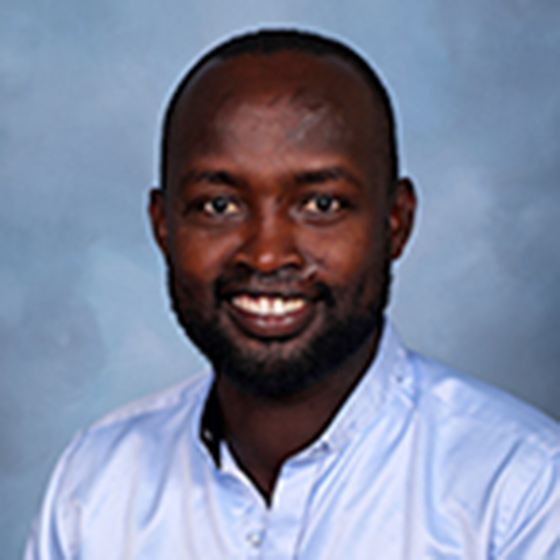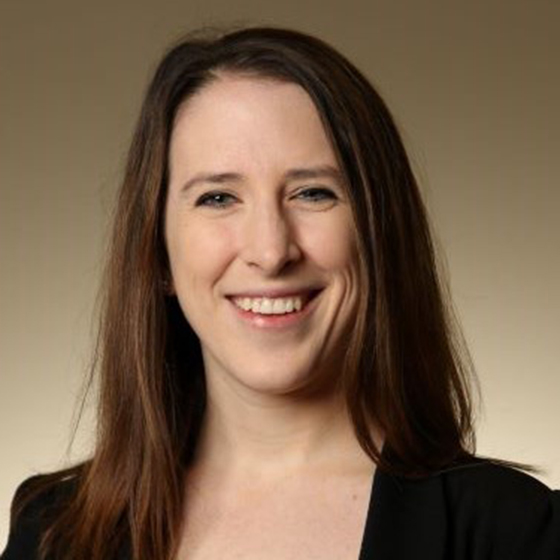Where a Legacy of Excellence Meets Today’s Complex Challenges
PhD in Public Administration

Meet Our Ph.D. Students


Clay Fannin
M.P.P., University of Kentucky
Social welfare programs, poverty policy

Rhea Acuña
M.S., Carnegie Mellon University, Public Policy Management
Social policy, urban policy

Abdela Hilo
MPH, Arbaminch University; M.P.A. Syracuse University
Health infrastructure health education, maternal health, child death

Mattie Mackenzie-Liu
M.P.A., Indiana University
Health policy, policy analysis, program evaluation

Catherine Annis
M.P.A., Florida State University
Public sector innovation, collaborative governance, organizational networks
Looking for Ph.D. dissertations?
General Requirements
Students must have a completed master of public administration, master’s in a related field, or equivalent graduate credits to enter the Ph.D. program. The Ph.D. program, on average, takes 4.5 years to complete; however, time to completion can vary widely depending on the number of credits allowed for prior graduate study, if there are any course deficiencies relative to the M.P.A., the course load per semester, and prep time needed for qualifying exams. Please see the Course Catalog for complete degree requirements.
Ph.D. General Requirements
The Ph.D. degree requires an M.P.A. or related degree to enter the program.
- 72 hours of coursework, up to 36 of which may be earned through applicable study in an M.P.A. or related M.A. program
- 6 credit hours in each of two fields of specialization, or 12 total, although more training or coursework is recommended as preparation for the qualifying exam
- four semesters of research apprenticeship
- 9 credit hours for the dissertation
- successful completion of comprehensive exams
- participation in the Ph.D. seminar
Master’s Prerequisites
The prerequisite courses are:
- PAI 712: Public Organizations and Management
- PAI 721: Introduction to Statistics
- PAI 722: Quantitative Analysis for Public Policy Analysis
- PAI 723: Managerial Economics for Public Administrators
- PAI 734: Public Budgeting
- PAI 755: Public Administration and Democracy
Comprehensive Examinations
The comprehensive examinations are administered in two segments following completion of required coursework. Please see the Ph.D. Handbook for details.
Theory of Public Administration and Research Design/Methods
Taken after the completion of the first year of Ph.D. coursework, the exam is administered over several days in late May.
Fields of Specialization
Taken in the last two weeks of September after completion of second-year coursework, exams are offered in two fields of specialization.
Intellectual History of Public Administration (PAI 801)
Analyze the intellectual currents that undergird the theories and concepts in public administration. Explore three primary perspectives crosscutting the topics: historical, cultural and analytical.
Explore the faculty who teach in the Ph.D. in public administration program.
Core Courses
Must be completed before taking qualifying exams and comprehensive field exams
The first two years of the Ph.D. program are comprised of coursework. The following core courses must be completed in order to take the qualifying exams and comprehensive field exams. In general, a student who receives credit for 36 hours prior to entry into the Ph.D. program and who has no prerequisite course deficiencies will complete all coursework requirements within two academic years
Intellectual History of Public Administration (PAI 801)
Analyze the intellectual currents that undergird the theories and concepts in public administration. Explore three primary perspectives crosscutting the topics: historical, cultural and analytical.
Foundations of Policy Analysis and Management (PAI 805)
Prepare for the qualifying exam in “Foundations in Policy Analysis and Management.” This course covers: consumer theory (microeconomics) as a basis for decision making; behavioral economics as a departure from this "rational" approach; and the policy process.
Advanced Seminar: Quantitative Methods I (PAI 803)
Understand the basics of the social science research process, and develop experience building different types of research designs. This course provides a strong foundation for students to make the transition from student to scholar.
Advanced Seminar: Quantitative Methods II (PAI 804)
Learn how to use of regression analysis for social science research. This course is designed to prepare you to use regression analysis in your own research and to make you an educated consumer of the work of others.
Research Methods Elective (course numbers vary)
Choose from a variety of qualitative, quantitative and mixed-methods research electives offered within Maxwell's social science departments. Or, participate in Maxwell's annual Institute for Qualitative and Multi-Method Research (additional fee applies).
PhD Research Seminar (PAI 810)
While in residence, participate in bi-weekly seminars in which peers, faculty and outside guests share research methodology and findings. Present an original piece of research in your second year.
Explore Your Research Interests
With a low graduate student-to-faculty ratio and small entering Ph.D. class, students will be immersed in a research culture of close collaboration.

Graduate students will conduct meaningful research alongside faculty mentors or through Maxwell’s 11 research centers, including:
Certificates of Advanced Study
are available for qualifying graduates in women and gender studies, conflict resolution, post-conflict reconstruction, NGO management, environmental decision-making, security studies, South Asia studies, Latin American and Caribbean studies, Middle East affairs, Europe and the EU, and more.
Funding Opportunities
Most students currently enrolled in the public administration doctoral program received full or partial funding in the form of fellowships, graduate assistantships, scholarships, research grants and other funding from the department, graduate school, Maxwell Dean's Office and an array of topical and regional research centers and institutes. Please see our Answers page for all Teaching and Research Opportunities.
PAIA Graduate Assistantships
All Ph.D. students receive department funding at the time of admission and are required to serve as a graduate assistant (GA) for both research and teaching apprenticeships. These apprenticeships are an integral element of the department's emphasis on both research design and methods and the development of the skills needed for an academic career.
PAIA Teaching Assistants
To ensure that all Ph.D. students obtain experience in the classroom, students receiving four years of funding from the PAIA department will be required to support a class for three semesters as a teaching assistant (TA) prior the end of the spring semester in their fourth year in residence.
Research Grants
The PAIA department offers small research grants (typically $1,500-$2,000) to cover summer expenses. Applications are competitive. In addition, students are often funded by external research grants, both during the academic year and the summer. Interested students should check with their advisors.

I am Maxwell.
...democracy is fragile, and it depends on people of good will and good faith to make it work. Every student coming out of Maxwell, every student coming out of Syracuse University, needs to understand those norms and needs to support them and uphold them through their own involvement in our democracy.”
Carolyn Bourdeaux (D-GA) ’03 Ph.D.
Associate Professor, Georgia State University’s Andrew Young School of Policy Studies (2003 - 2021)
Future Professoriate Program
The Future Professoriate Program (FPP) aims to foster a sense of community among graduate students while allowing them to hone skills related to teaching, research and professional identity development. The purpose of the FPP is to help graduate students develop professionally by means of workshops, annual in-house conferences and a mentored independent teaching experience. Students who complete these activities and produce a teaching portfolio can receive the University’s Certificate in University Teaching. These endeavors are seen as complements to the training in scholarship and teaching that are regular parts of graduate education.

